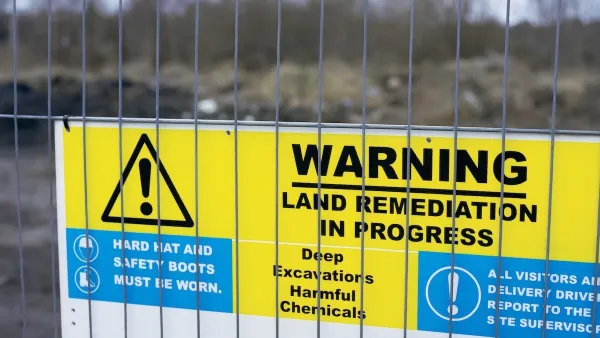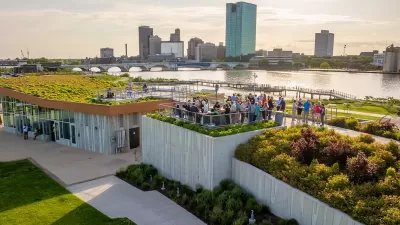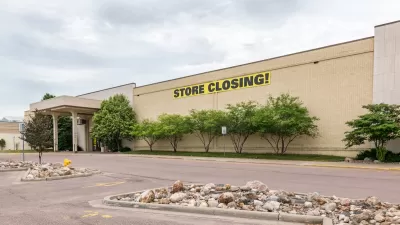Investing in soil health, urban parks, and nature-based solutions for brownfield remediation is essential for creating resilient cities, restoring ecosystems, and improving community well-being.

Urbanization and industrial growth have accelerated soil degradation, loss of biodiversity, and the proliferation of contaminated brownfields. Soil health is essential to ecosystems, serving roles in carbon sequestration, water filtration, food security, and flood control. Regenerative agricultural practices, reforestation, and composting are pivotal to restoring soil quality. Beyond agricultural benefits, healthy soil also contributes to human health, fostering stronger immune systems. By investing in soil regeneration, we pave the way for resilient and sustainable urban communities.
Urban parks act as critical green infrastructure, offering ecological, social, and economic benefits. They reduce urban heat, filter pollutants, improve air quality, and enhance biodiversity. Parks provide spaces for physical activity, mental health improvement, and community cohesion. Equitable green space strategies, such as converting brownfields into parks or employing vertical gardens, ensure that these benefits are accessible to diverse communities. By leveraging urban parks as “lungs” of cities, we can promote sustainable growth in urban environments.
Nature-based solutions, including bioremediation techniques, provide sustainable alternatives for brownfield remediation. Methods like mycoremediation and phytoremediation harness natural processes to remove contaminants while improving soil health and biodiversity. These strategies transform abandoned sites into community assets such as urban farms and green spaces. Collaboration across policymakers, private sectors, and local communities is essential to achieving these goals. By embracing the synergy between soil health, urban parks, and remediation efforts, cities can create vibrant ecosystems and healthier futures for their residents.
An upcoming webinar, “From Nature to Nurture: Ecosystem Strategies for Effective Site Clean-Up,” will explore more nature-based solutions for brownfield redevelopment.
FULL STORY: Soil Health, Urban Parks, and Nature-Based Solutions for Brownfields

Maui's Vacation Rental Debate Turns Ugly
Verbal attacks, misinformation campaigns and fistfights plague a high-stakes debate to convert thousands of vacation rentals into long-term housing.

Planetizen Federal Action Tracker
A weekly monitor of how Trump’s orders and actions are impacting planners and planning in America.

Chicago’s Ghost Rails
Just beneath the surface of the modern city lie the remnants of its expansive early 20th-century streetcar system.

Bend, Oregon Zoning Reforms Prioritize Small-Scale Housing
The city altered its zoning code to allow multi-family housing and eliminated parking mandates citywide.

Amtrak Cutting Jobs, Funding to High-Speed Rail
The agency plans to cut 10 percent of its workforce and has confirmed it will not fund new high-speed rail projects.

LA Denies Basic Services to Unhoused Residents
The city has repeatedly failed to respond to requests for trash pickup at encampment sites, and eliminated a program that provided mobile showers and toilets.
Urban Design for Planners 1: Software Tools
This six-course series explores essential urban design concepts using open source software and equips planners with the tools they need to participate fully in the urban design process.
Planning for Universal Design
Learn the tools for implementing Universal Design in planning regulations.
planning NEXT
Appalachian Highlands Housing Partners
Mpact (founded as Rail~Volution)
City of Camden Redevelopment Agency
City of Astoria
City of Portland
City of Laramie





























